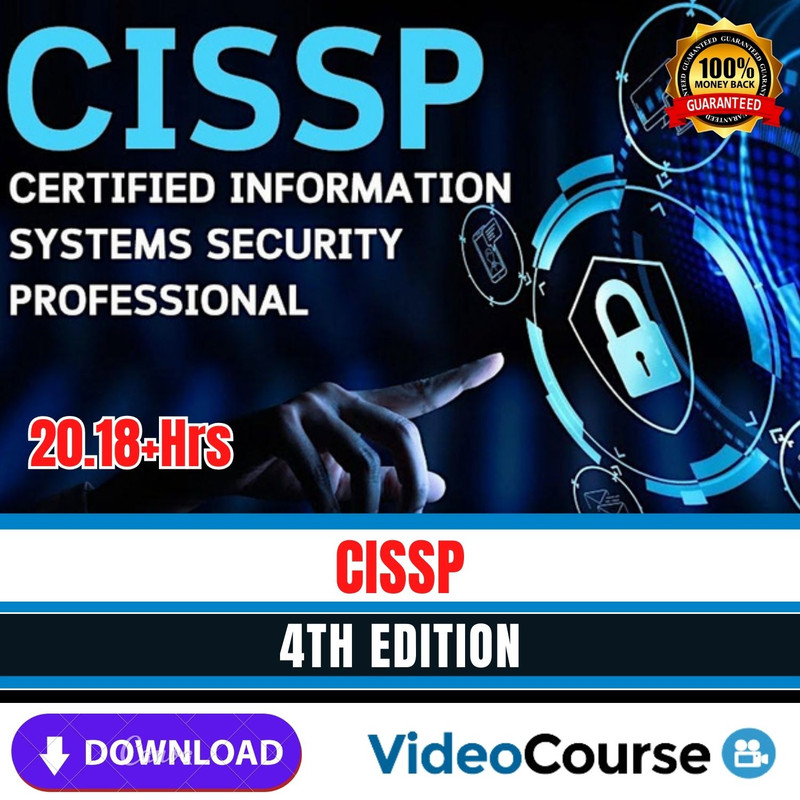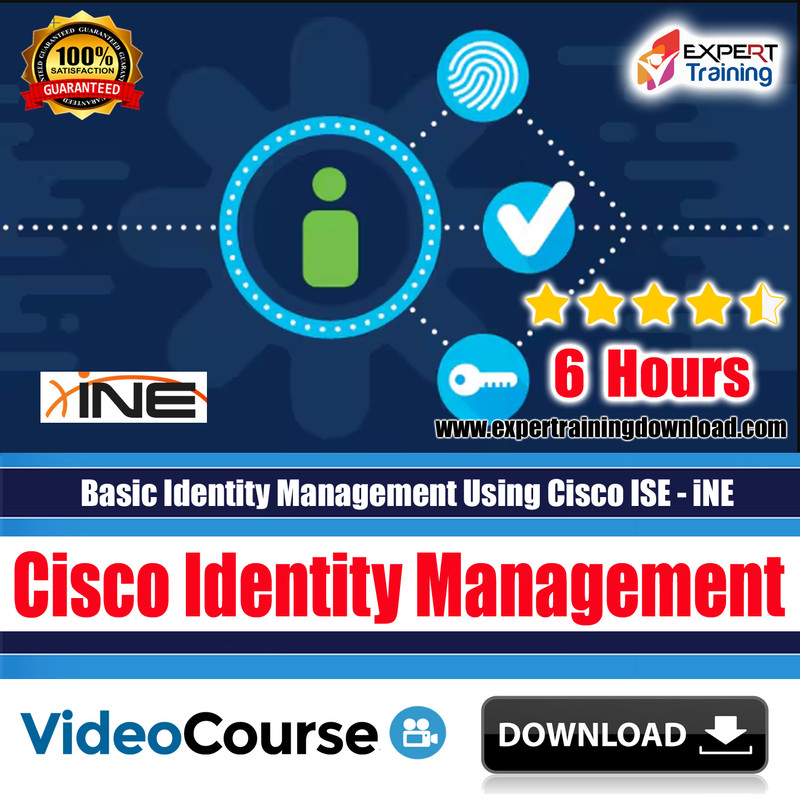CISSP, 4th Edition
CISSP Certification 4th Edition
Introduction
The CISSP Certification 4th Edition course is designed to equip cybersecurity professionals with the essential knowledge and skills needed to secure their organizations effectively. This course focuses on the Common Body of Knowledge (CBK) required for the Certified Information Systems Security Professional (CISSP) certification, covering a range of topics necessary for a comprehensive understanding of cybersecurity best practices.
What You’ll Learn
- Understanding the CISSP certification process and requirements.
- Core security principles and concepts.
- Access control systems and methodology.
- Risk management practices and frameworks.
- Security architecture and design.
- Network and communications security principles.
- Incident response and disaster recovery strategies.
- Legal and regulatory compliance in cybersecurity.
Requirements
Before enrolling in this course, it is recommended that participants have:
- A minimum of five years of cumulative paid work experience in two or more of the eight domains of the CISSP CBK.
- Basic knowledge of networking, systems administration, and security fundamentals.
- Familiarity with information security policies and procedures.
Detailed Course Description
This course offers an in-depth exploration of critical cybersecurity concepts essential for passing the CISSP certification exam. Participants will engage in interactive sessions that cover key topics such as:
- Security and Risk Management: Understanding security governance, compliance, and risk management strategies.
- Asset Security: Managing information and assets to ensure confidentiality, integrity, and availability.
- Security Engineering: Designing and implementing security architectures and frameworks.
- Communications and Network Security: Implementing secure network architectures and protecting data in transit.
- Identity and Access Management: Establishing identity management and access control systems.
- Security Assessment and Testing: Conducting assessments to validate security controls.
- Security Operations: Managing ongoing security operations and incident response procedures.
- Software Development Security: Ensuring security in the software development lifecycle.
Hands-on labs and case studies will provide practical experience in implementing security measures and responding to incidents, ensuring participants are well-prepared for real-world challenges.
Who is This Course For?
This course is ideal for IT professionals, security practitioners, and anyone aspiring to become a CISSP. It is particularly suited for those looking to enhance their knowledge of information security and pursue a career in cybersecurity management or architecture.













